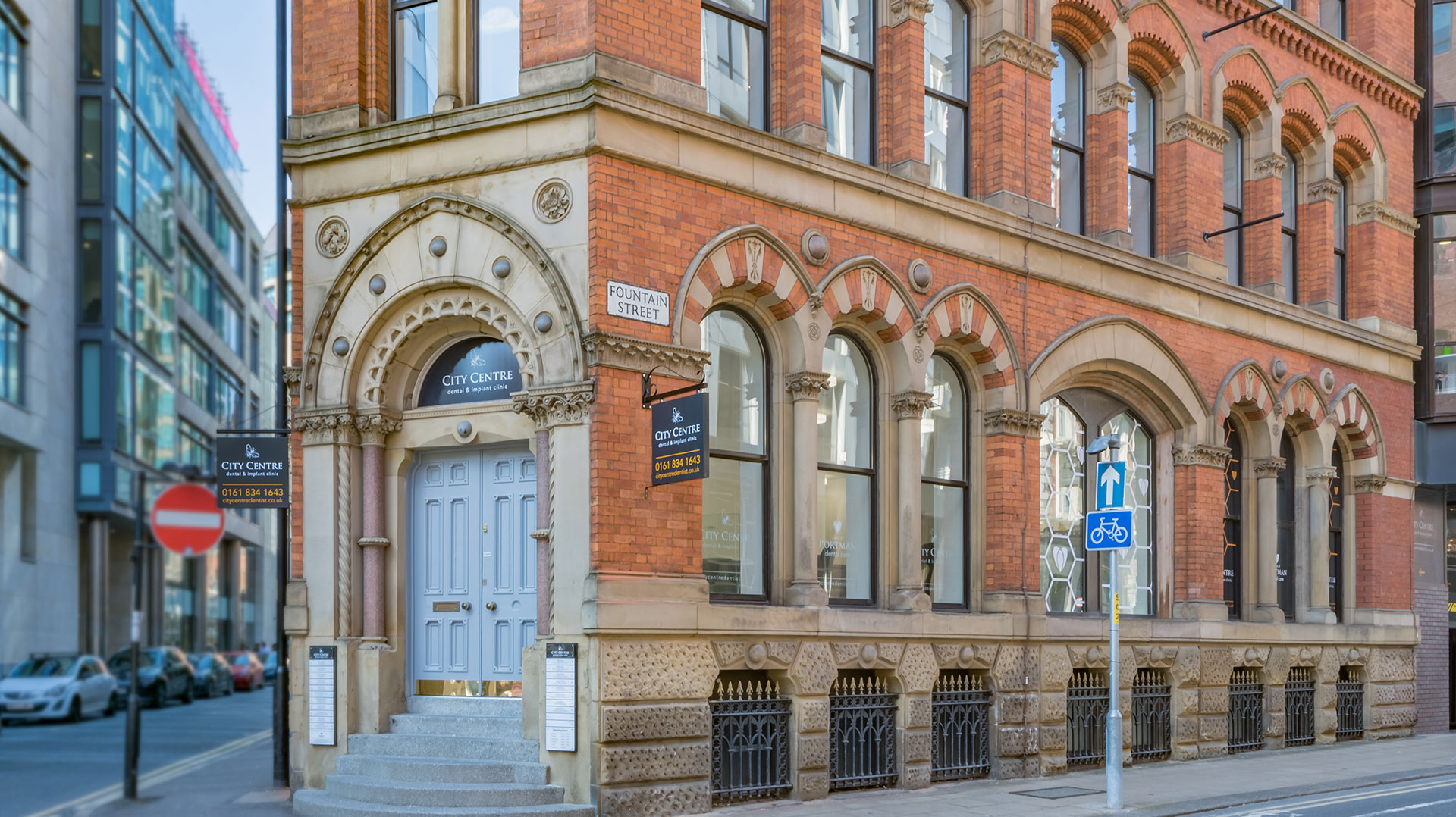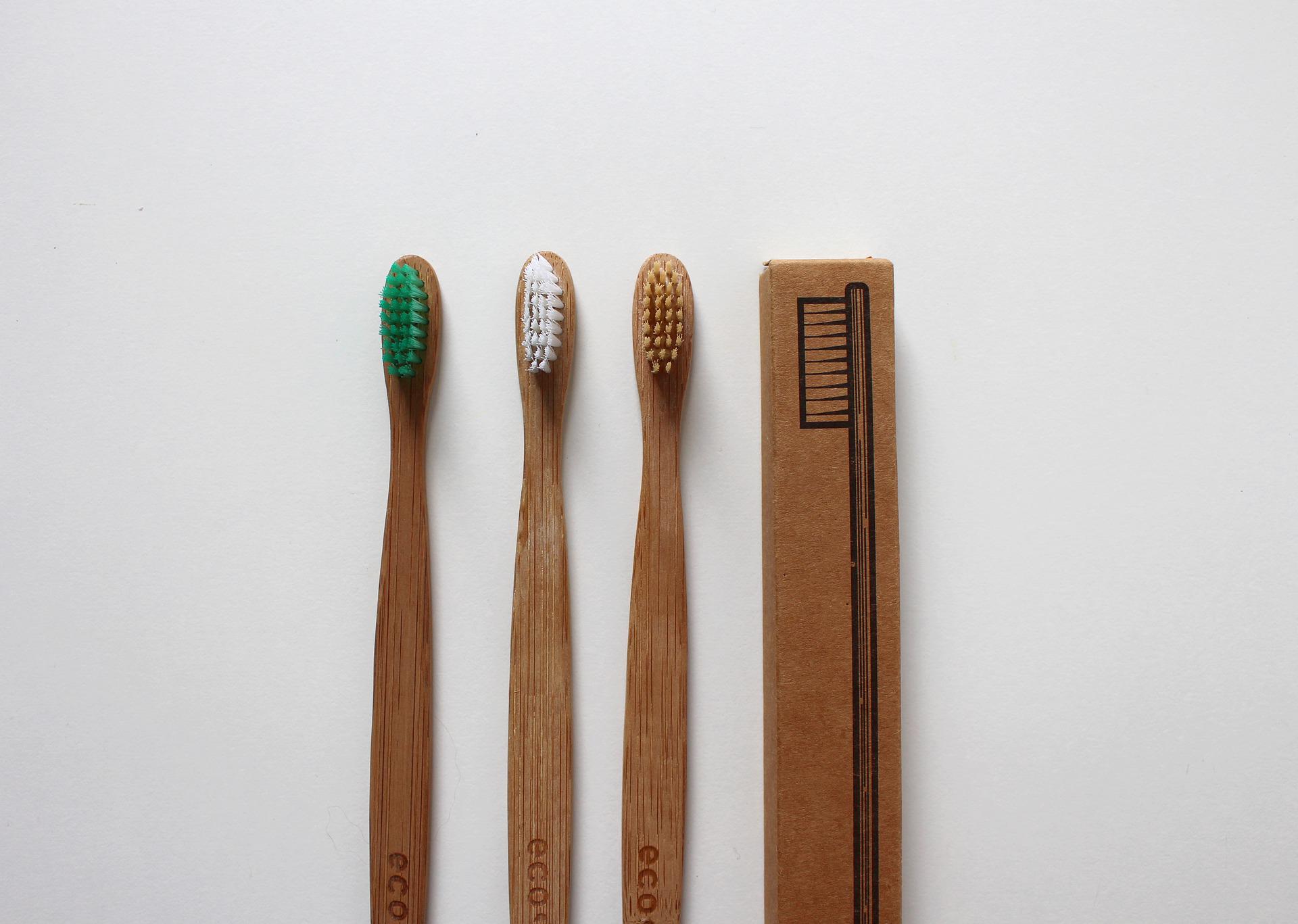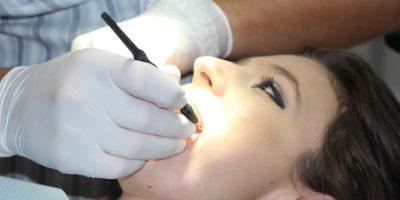-
Categorised as:
- Advice
What equipment does your dentist use to look after you?
Your Manchester dentist has a whole host of equipment to help them look after you and make your experience as pleasant as possible. Here is a guide to some of your dentist’s equipment and what it does.
Mouth mirror
This will almost certainly be used during your visit. Your dentist needs to get a good view of the inside of your mouth, including the back of your teeth. The mirror enables them to see from all angles and help locate any potential problems more easily.
Dental probe
There are a number of different types of probe. Although they can look scary, they are used to explore the mouth and make sure everything is in order. A sickle probe is used to locate any cavities and other oral issues, while a periodontal probe is used to measure the periodontal pockets and identify any problems, such as gum recession.
Anaesthetic
Teeth may be hard on the outside but under the enamel they are incredibly sensitive. In order to operate without causing you any pain, your dentist will administer a local anaesthetic to numb your mouth. Some Portman practices now have pain-free sedation, which means you don’t even know your tooth has been numbed. Ask your Manchester dentist about this option.
Dental syringe
The dental syringe is used to administer local anaesthetic to numb your teeth and gums so your dentist can perform procedures that might otherwise be painful for you. Syringes are also used to rinse or dry your mouth with water and air respectively, which is necessary for certain procedures. Syringes can feel uncomfortable when administered, but this usually eases a few seconds.
Dental drill
The sound and the vibrations caused by the drill on your teeth may cause an unusual sensation but this is nothing to worry about. The drill is used to remove any decay attached to the tooth before filling in the cavity, although sometimes it is simply for polishing and smoothing the tooth once operating is complete.
Spoon excavator
Sometimes the material in a tooth cavity is soft and therefore no drill is necessary. Spoon excavators are used to remove this kind of decay.
Burnisher
Burnishers are usually used at the end of a procedure to smooth and polish your teeth, or remove scratches. They are often used after dental restorations to tidy up the tooth after the primary procedure.
Scaler
Scalers are used to remove calculus from above the gum line. Sometimes plaque hardens to the point where it cannot be removed by brushing so it needs to be carefully scraped out with these instruments.
Suction device
During many procedures saliva and debris can build up in the mouth, which can make things difficult for your dentist. Small hoses are used to remove anything obstructing the mouth.
X-ray
Sometimes a problem may not be immediately obvious so an x-ray will need to be taken to show a more detailed view of the teeth and bones. Without an x-ray, problems such as early decay are difficult to detect.
Mould
One of the most accurate ways to get an impression of the inside of your mouth is to fill a mould with a liquid material and bite down on it. The resulting impression can then be filled with plaster and hardened to create a model of your teeth, including any cavities you may have. These can be used to identify any problems and are also used to create suitable crowns, caps, mouth guards and braces.
Meet our team
-

Gemma Cowen
Dental Therapist
-
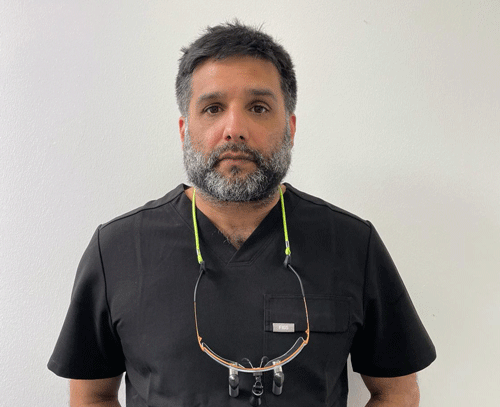
Anil Mangat
Special interest in Periodontology
-

Sarah Kininga
Dental Nurse
-
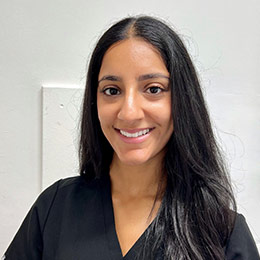
Navneet Jhaj
Dentist

.

Anil qualified in 2001 from Cardiff University Dental School and worked in a range of dental practices in Cornwall, South Wales and Sheffield as a general dental practitioner. He was always interested in treatment of gum disease. In 2017, he undertook a 3-year MSc in clinical Periodontology at the University of Central Lancashire, qualifying in 2020.
Anil has been accepting Periodontal referrals since 2018 and undertaken and range of treatments including:
• surgical and non-surgical Root surface debridement, • surgical periodontal regeneration,
• adjunctive antibiotics for treatment of severe, non-responsive gum disease.
• Management of occlusal trauma (uneven biting forces can loosen teeth, particularly in those who clench or grind their teeth).
• Splinting of loose teeth. • crown lengthening including treatment of gummy smile (for suitable cases),
• Coordinating treatment planning with restorative, orthodontic or implant treatment where stabilisation of gum condition and accurate prognosis is needed.
Anil has a keen interest in teaching. He spent time as dental foundation trainer, mentoring newly qualified dentists through their first year in Practice and is currently an honorary clinical lecturer at Sheffield University Dental School, supporting 4th and 5th year undergraduates. He has acted as an examiner for the GDC’s Overseas registrants’ examinations.
Outside of work, Anil enjoys Hockey (though more coaching than playing these days), cycling, films and music and a trip to the gym.


Navneet qualified from King’s College London Dental Institute in 2019. Her passion for Dentistry is ever-growing as she has completed several postgraduate courses. She has completed a yearlong Restorative Dentistry programme to progress her skills further. Her keen interest for restorative and aesthetics enhanced as she attended the world-renowned course in Italy, Styleitaliano Daily Menu. Additionally, she provides Invisalign to be able to offer a complete smile makeover.
Navneet has a friendly and calm nature and she aims to empower her patients to understand and better their oral health. With her welcoming presence she thoroughly enjoys treating paediatric and nervous patients.
In the near future she aims to provide patients with evidence – based holistic approaches to aid their overall health, as outside of work, she is hugely interested in nutrition, health and wellness.
Contact us today to arrange your next dental appointment in Manchester
How to find us
Our practice is located in the heart of Manchester City Centre. You can find us at 31 Booth St, Manchester, M2 4AF, where we’ll be providing fantastic state-of-the-art services in a purpose-built space in a beautiful listed building. We look forward to seeing you soon.
Parking information & accessibility
Our practice is fully accessible, meaning that regardless of your mobility, we can welcome you into practice, please contact us for further information about our access. If you are travelling by car, we are within close proximity to the chargeable NCP car park at Piccadilly Plaza. Alternatively, there are number of tram and bus stops, which are just a short walk away.
